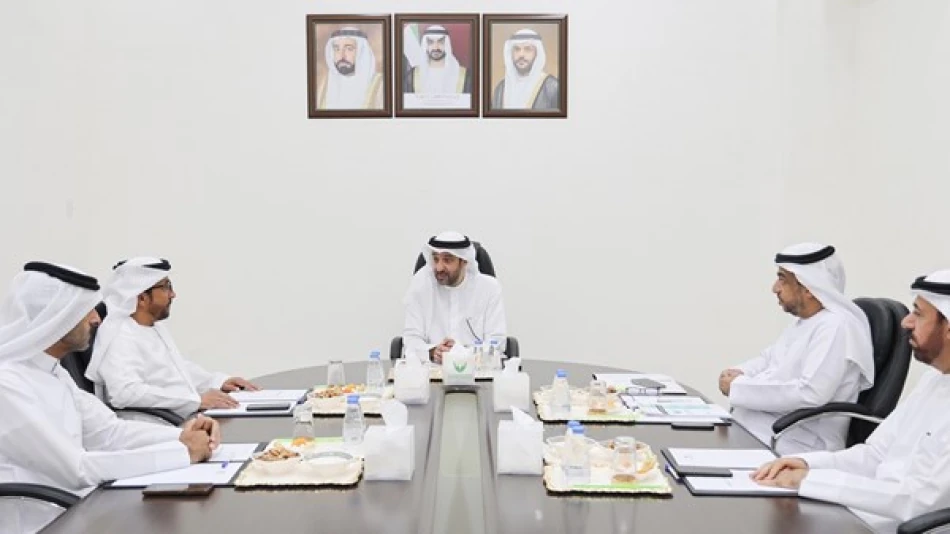
Sharjah Charity's 11th Mass Wedding Preparations Revealed: Empowering Couples, Celebrating Togetherness
Sharjah Charity Association Plans 11th Mass Wedding for 150 Couples Amid Expanding Social Welfare Initiative
The Sharjah Charity Association has set November 26 as the date for its 11th collective wedding ceremony, accommodating 150 grooms in an event that underscores the UAE's systematic approach to addressing marriage costs and social stability. Under the patronage of Sheikh Sultan bin Mohammed bin Sultan Al Qasimi, Crown Prince and Deputy Ruler of Sharjah, the initiative reflects a broader Gulf strategy of using state-backed philanthropy to tackle demographic challenges.
Strategic Timing and Scale
The announcement came during the association's first board meeting under its new composition, chaired by Sheikh Saqr bin Mohammed Al Qasimi. With most applications already processed, the November ceremony represents the largest iteration of the program to date, suggesting growing demand for marriage assistance in the emirate.
This scale mirrors similar initiatives across the Gulf, where governments increasingly recognize that high wedding costs—often exceeding $50,000 in the UAE—create barriers to family formation and population growth among nationals.
Investment Portfolio Diversification
Beyond the wedding program, the board discussed several investment projects, signaling the association's evolution from traditional charity to a more sophisticated social enterprise model. This approach aligns with the UAE's broader economic diversification strategy, where even charitable organizations are expected to generate sustainable revenue streams.
The investment focus suggests the association is building long-term financial capacity rather than relying solely on government funding or donations—a model that other Gulf charities are increasingly adopting to ensure program sustainability.
Broader Social Policy Context
Mass wedding ceremonies have become a hallmark of Gulf social policy, with Saudi Arabia, Kuwait, and other emirates running similar programs. The initiatives address multiple objectives: reducing the financial burden on families, encouraging marriage among nationals, and strengthening social cohesion through shared cultural experiences.
The timing is particularly significant as the UAE faces demographic pressures common across the Gulf—nationals represent a small minority of the total population, making family formation policies critical for maintaining cultural identity and political stability.
Economic and Social Impact
For participating families, the program can represent savings of tens of thousands of dirhams. More broadly, it reflects the UAE's pragmatic approach to social welfare: targeted interventions that address specific challenges while promoting traditional values.
The association's dual focus on charitable activities and investment projects also demonstrates how Gulf institutions are adapting to post-oil economic realities, seeking sustainable funding models that don't rely entirely on government support.
As the November ceremony approaches, the initiative serves as a case study in how Gulf states are using institutional innovation to address demographic and social challenges while maintaining fiscal responsibility through diversified funding strategies.
Most Viewed News

 Layla Al Mansoori
Layla Al Mansoori






